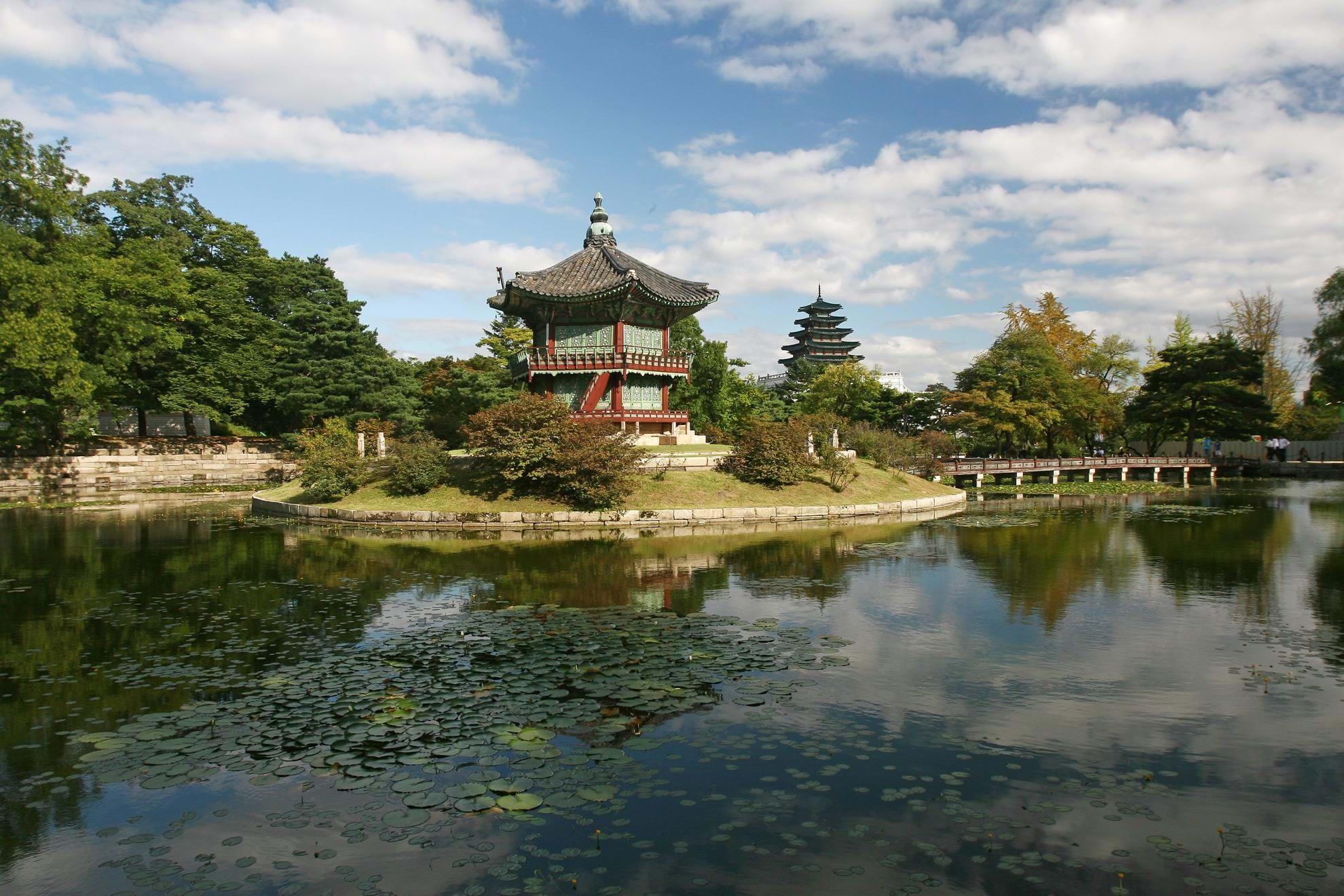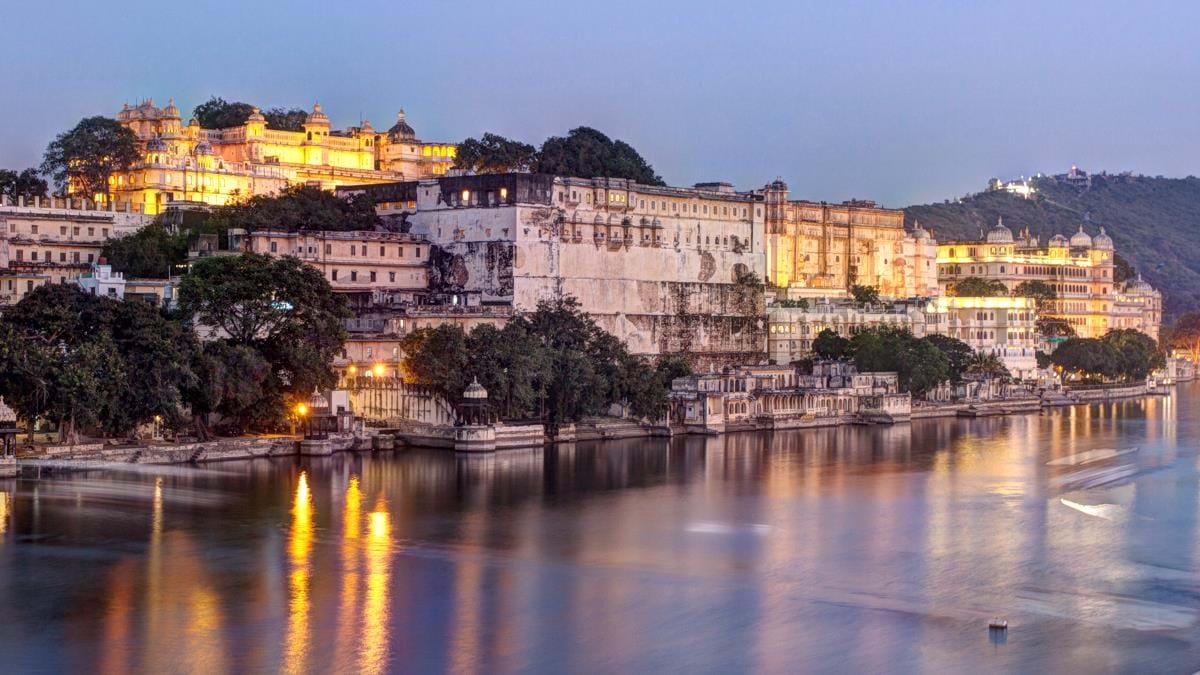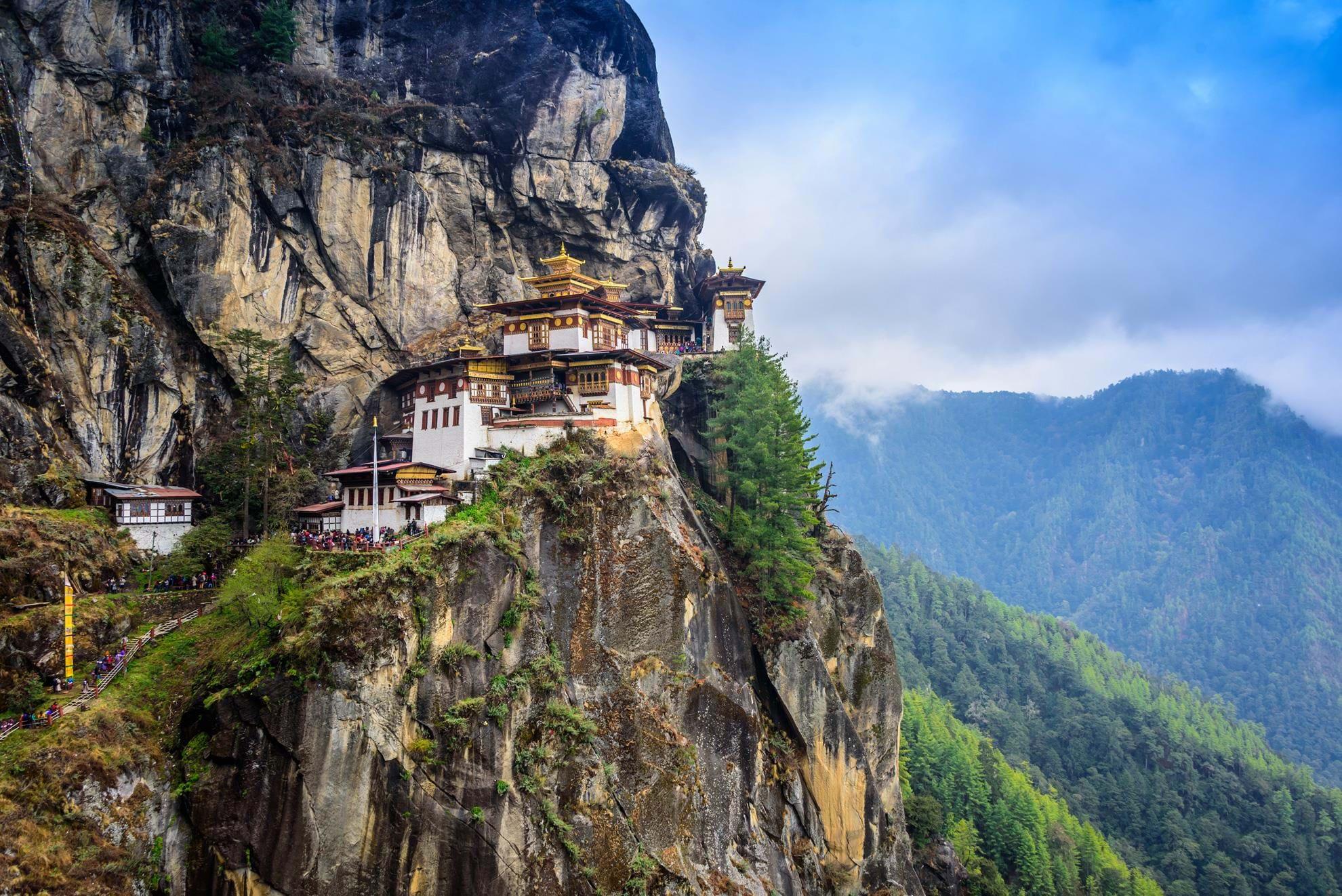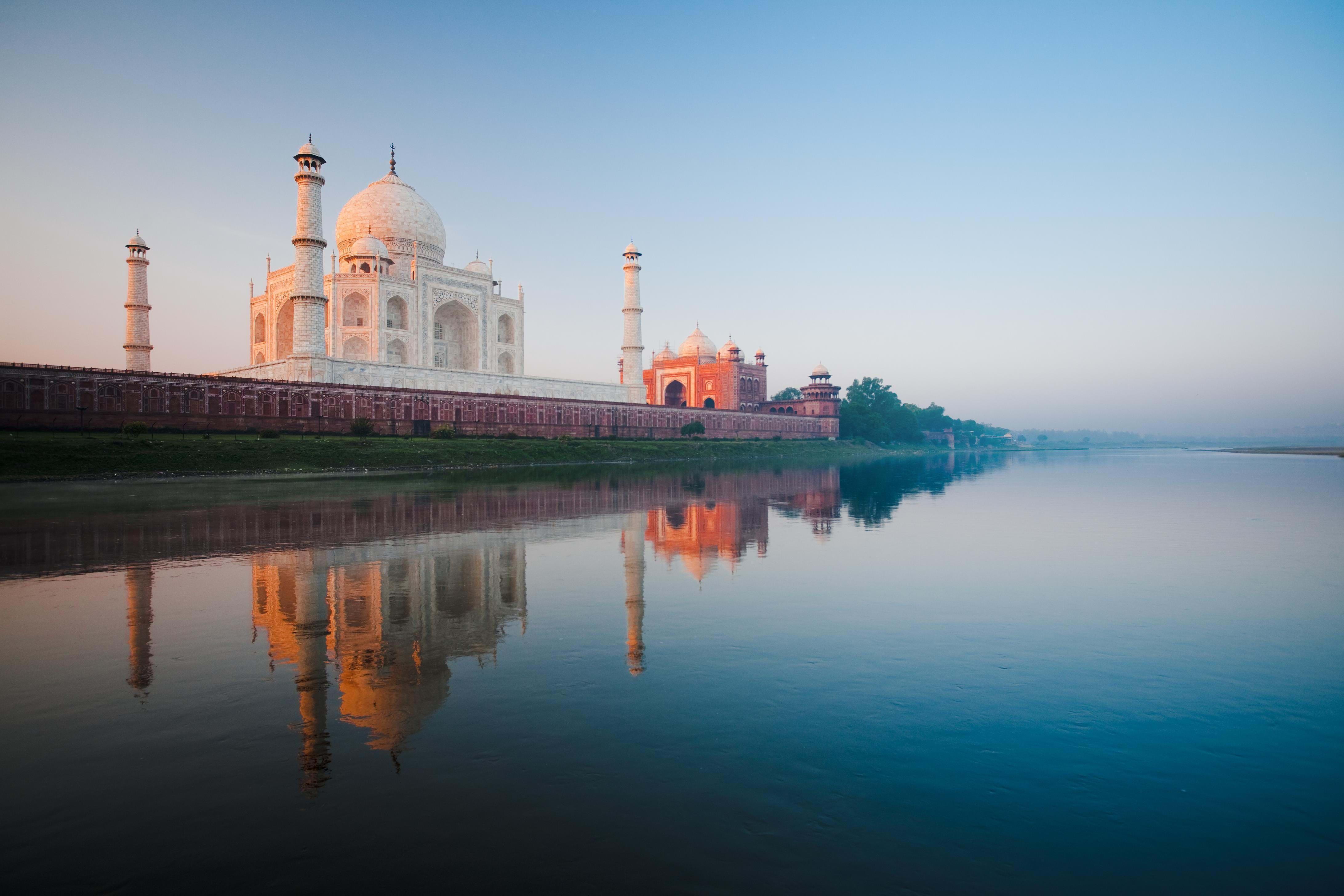India 16.04.2020 Updated: Transindus
How are you and TransIndus weathering this storm?
TransIndus is very fortunate with an extremely loyal, understanding and experienced clientele. They have clearly seen many different situations in life and have responded to the covid-19 situation with strength and character.
Those who were already in Asia when we began to go into lockdown returned home early as proposed by us and have sent heart-warming messages of gratitude for putting their welfare ahead of the company’s needs. Others who were yet to travel have shown a tremendous resilience in rescheduling their plans for coming seasons, with just a handful opting to cancel.
We've established a clear and simple policy to help travellers fulfil their holiday plans in the coming seasons, without any increase in price or rebooking or date change fees.
While it has been hard work dismantling and reorganising almost every booking for new dates the support our clients have given us by postoining their travel rather than cancelling has kept us going through these extremely challenging times. On a personal level I am proud of my team who have risen to the occasion and adapted not only to homeworking overnight but to diligently helping clients achieve their dream holidays.
A bail-out of airlines has featured heavily in the news over the last few weeks and before Covid-19, there was a lot of criticism about their carbon footprint. What do you think the future holds for air travel particularly relating to long haul?
Air travel is here to stay but we at TransIndus strongly feel that we and the travel industry at large can encourage travellers to ‘holiday smarter’ by taking fewer, longer holidays and exploring each destination deeper. We are attempting to do this by working with our destination partners and suppliers to offer ever more interesting excursions so guests can engage with local communities and get much more out of their holiday, hence our experiences based India brochure.
As an industry we need to encourage governments & airlines to consolidate operations to follow greener policies such as only flying with 80+% occupancy, avoid dumping fuel, refuel locally rather than travel longer distances for a slightly cheaper price and of course encourage the development of more efficient aircraft using alternate, less damaging technologies.
Previously, one of the biggest challenges that the industry faced was over-tourism. We have now arguably been given a unique opportunity to start from scratch. What can we do differently to ensure that we are travelling more sustainably in the future?
If we look back over our 30 year history we find that travel for TransIndus has always been about seeing the “real destination” and we have done our best to remain true to that ethos. We encourage our clients travellers to go off track, away from busy touristy sites and visit more offbeat places like small villages, mingle with local people, enjoy authentic cuisine and at least for a part of the journey, travel as the locals do, by train and public transport to experience life like a local, without leaving a negative footprint.
Our aim has always been to use small, authentic, local properties for accommodation rather than international hotel chains, private ground service providers rather than multinational travel corporations and local guides, drivers and support staff to ensure the TransIndus tourism dollar reaches local communities directly.
That being said, over-tourism exists in some of the most sought after spots across Asia and it’s especially painful to see how the character of these amazing places has been changed in the space of my lifetime alone. Places like the Taj Mahal, beaches of Goa and Kovalam, Bangkok city, Siem Reap, Halong Bay all of which are somewhat overwhelmed by tourism and have even lost some of their character and charm.
The answer possibly lies in the tourism model followed by Bhutan, the only country in world that can claim a positive carbon footprint. It strictly limits the number of tourists each year, encourages the development of traditional style hotels and services and yet sees a positive return from it’s investments. I am delighted to see several initiatives beginning to follow Bhutan's successfully polices, for instance the national parks in central India which now only allow a limited number of licensed vehicles to enter at specific times in strict rotation to avoid overtourism. The result is phenomenal not only in preserving the natural habitat but a vast improvement in visitor experience apart from a significant rise the efficacy of the 'tiger conservation' which has seen in a considerable rise in tiger populations in recent years.
With so much speculation surrounding the governments Covid-19 exit strategy, when and how do you think travel will resume?
We are in the eye of the storm at the moment and while we know the crisis will pass we cannot be certain when. With Wuhan having made a tentative recovery four months after it first presented signs of an outbreak one might guess we might begin see a semblance of recovery around mid-June. I don’t however envision travellers feeling comfortable setting off immediately but I do see them revving plans for getaways at the end of the year or early in 2021.
If the appetite is there, some hotels and airlines may trigger a slightly earlier start by discounting but I sincerely hope the industry resists the downward spiral of discounting which ultimately end up exploiting the poorest workers at the end of the food chain in the host countries.
With Covid-19 having spread so quickly around the world, do you think the rules of travel will change?
Globally travel & tourism is one of the largest industries, employing one in ten people and it's still growing. For quite some time now there has been a desire both within the industry and wider society to make it much more responsible and accountable. This is the perfect opportunity for a step change and to engage traveller support.
Flying in the post-Covid world for instance needs to perhaps look towards fewer flights with fewer frills to limit on-board loads and potentially higher prices. Cruise ships, which are among the highest polluters both to the environment as well as over-tourism need to reevaluate and consider providing a richer, less toxic experience for their travellers and hotels/resorts need to consider training and employing staff from local communities rather than shipping in a seasonal workforce.
Whilst we aren’t allowed to leave our homes much less the country, which destinations do you think will feature high up on the post-Coronavirus hot-list which weren’t as high up before?
I envisage the natural choices being either the countries that remained unaffected by the virus such as the Central Asian nations of Uzbekistan and Kyrgyzstan or Middle-Eastern Emirates like Oman, who weathered the crisis better than others, possibly by virtue of some level of natural immunity or a relatively low level of international traffic passing through their ports during the critical period.
Other countries and regions like Bhutan and the Eastern Indian Hill States are likely to also fair well as they reacted early and closed off their borders before the virus could penetrate their populations.
There is of course the shining example of South Korea who has managed to combine a regime of early testing and isolation to avoid the overwhelming levels of infection we have seen closer to home in the UK, Europe and USA.
As an Asia specialist, where India is a significant part of the business, what do you think the recovery looks like for that country specifically?
To put things into perspective, while India might be one of the fastest-growing trillion-dollar economies in the world surpassing the United Kingdom and France in 2019 with respect to GDP, to become the fifth-largest economy after USA, China, Japan and Germany, its current lack of infrastructure, inequality in wealth distribution and a high population makes containment and management of the virus a challenging and critical mission.
The Indian government appears to have responded quickly and resolutely with strict lockdowns and provision of innovative ways of delivering health care to its remote communities by converting railway trains into mobile hospitals to avoid a steep peak. We can however only wait and watch to see how its situation develops, much the same as we are doing in the UK now.
Once the crisis is over, I imagine the recovery of tourism in India will be swift as the industry is still young, agile and small enough to be able to respond to the new demands travellers might make in terms of personal care during their travel.
For TransIndus, I see a much greater emphasis on our original, core values of a highly personalised service and itineraries, where clients experience India at a much slower and more deliberate pace experiencing rural life as much as the grand historical sites of the country. I see a greater demand for small, beautifully managed family owned boutique properties and guests travelling much more by road and rail to enjoy local life at close quarters.
As the home of Ayurveda, Yoga and Buddhism I see a significant rise in wellness, healthcare and retreat holidays in India as we all become much more aware of our physical, physiological, emotional and spiritual needs in the wake of the Covid-19.
What can we do to support those in need in India? Are there any charities which TransIndus recommends?
TransIndus has traditionally supported remote rural charities that may have been overlooked by mainstream organisations but during this crisis we sincerely feel it is the day-wage labourers and homeless of the larger urban metropolitans who are the most vunerable. We would encourage the wider TransIndus family to donate what each of us can to GiveIndia’s campaign to support these commiuniteis who are especially at risk from the Coronavirus outbreak.
For more on this initiative, go to: https://indiafightscorona.giveindia.org/support-families/
TransIndus Supports GiveIndia
However uncertain things are at home here in the UK, we are in an incredibly privileged position compared to other parts of the world. Where possible, we are doing our best to support those most in need and forging a partnership with GiveIndia is the least we can do at this time.
Just £50 will feed a family of four for a month, supplementing loss of income and covering the essentials.
For more on this GiveIndia, go to:
https://indiafightscorona.giveindia.org/







